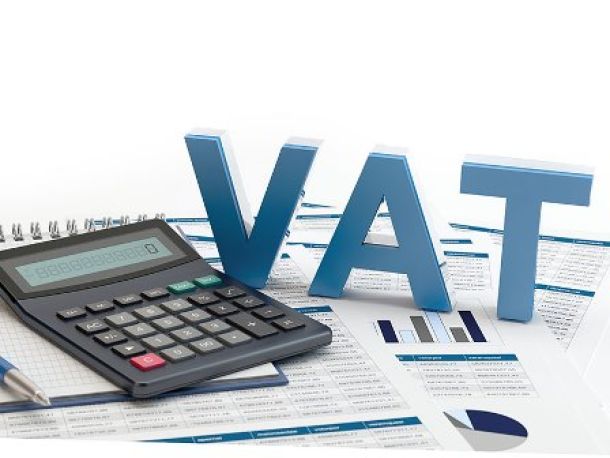Why are many businesses having to sue to get liquor licences in Gauteng?
The DA in Gauteng has asked economic development MEC Lebogang Maile to investigate why some businesses in the province have to resort to legal action to secure licences from the Gauteng Liquor Board, to trade.
In his reply to a question in the Gauteng legislature submitted last week‚ Maile said 49 legal cases had been brought against the Gauteng Liquor Board in the past five financial years.
The liquor board lost 24 of the cases lodged against it.
Maile also said there were 29 liquor licences that were granted as a result of legal cases and "one licence granted as a result of the default judgment".
"The DA has come to reliably learn that the board has been riding roughshod over legislation and has acted with impunity when granting licences. The current CEO of the board is facing a charge of contempt of court‚ while hundreds of applications have simply been put on the back-burner.
"There are also entities trading liquor despite clearly not adhering to the prescriptions of the Gauteng Liquor Act. The DA is currently looking into the issues of noncompliance as well as the haphazard approach the board has taken in granting some licences while holding others back.
"MEC Maile must probe the Liquor Board for its blatant abuse of power‚ as its current actions are not only prohibiting honest business from setting up shop‚ it also allows potential illegal traders a ‘get-out-of-jail-free’ card‚" said DA member of the provincial legislature Janet Semple.
An annexure submitted with Maile’s response showed that most of the legal cases were about the board’s decision not to grant applicants a liquor licence.
Among the companies that took the board to court were tavern owners‚ big retailers such as Pick n Pay and Shoprite Checkers‚ pubs‚ restaurants‚ ratepayer associations and body corporates.
News Category
- International retailers
- On the move
- Awards and achievements
- Legislation
- Wine and liquor
- Africa
- Going green
- Supplier news
- Research tools
- Retailer trading results
- Supply chain
- Innovation and technology
- Economic factors
- Crime and security
- Store Openings
- Marketing and Promotions
- Social Responsibility
- Brand Press Office
Related Articles

NHI: Business gears up for possible legal battl...

Electricity Regulation Bill will open competiti...

New Minimum Wage Set to Take Effect on March 1s...

Spar director fined R1 million after refusing n...


